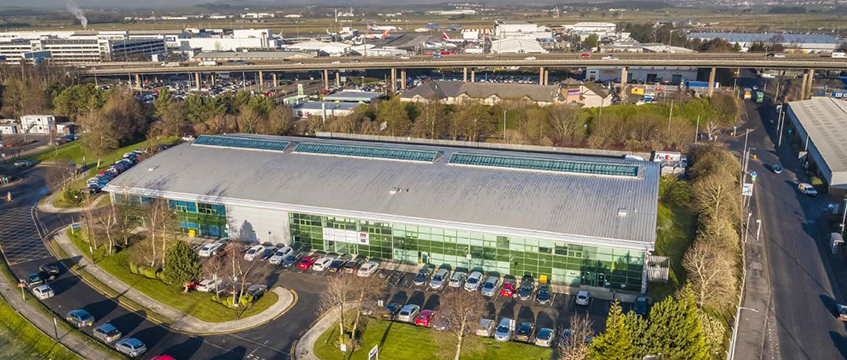UK prime commercial property rents have suffered the largest fall in a decade, hit by the ongoing decline in demand for high street shops and shopping centres.
Rental values fell by 0.2% in the second quarter this year, the first decrease at the national level since Q3 2012, according to CBRE.
The fall was driven by the retail subsectors, with high street shop prime rents decreasing by 1.1% in Q2, broadly on par with the 1% fall in Q1, with yields rising 11 basis points.
Shopping centre prime rents fell by 1.2%, with yield rising 18 basis points over the quarter. Retail warehouse prime yields rose by 51 basis points.
Shops in Wales experienced the largest decline in rents, with a fall of 7.1%. The next biggest fall came in the east of England, with a 1.5% decline.
Retail warehouse rents dropped by more than any other property asset class in the quarter, with a fall of 3.1%.
Robin Honeyman, senior research analyst at CBRE, said: “Our Q2 results are very much a continuation of the trends seen in Q1 2019, with downward pressure from the retail sectors now pushing all property rental growth into negative territory.
“A decline of -0.2% in Q2 is the largest fall in 10 years, highlighting the extent to which prime retail is coming under pressure, both in pricing and rental values.”
Retailers are putting landlords under pressure to cut their rents to keep their costs in line with high street rivals that have used insolvency proceedings to slash their rents.
This week it emerged Primark is seeking rent reductions of up to 30% across its stores.
Retailers including Monsoon Accessorize and Arcadia are among those that have recently benefited from rent cuts and store closures through company voluntary arrangements.
In other sectors, industrial outperformed the rest for the 10th consecutive quarter, with prime rental values rising by 1.3%.
Industrials in the North East took the top spot with prime rents increasing by 2.4%, followed by Eastern England (2.3%) and Yorkshire & Humberside (2%).
At a national level, industrial prime yields were stable, ticking down just two basis points. Most regions reported stable industrial yields, with the exception of Scotland, where yields fell by 17 basis points.
Meanwhile, office prime rents rose by 0.4% overall in Q2, supported by Yorkshire & Humberside (3.4%), the East Midlands (2%), key provincial cities (0.7%) and central London (0.7%).
Overall, prime yields for the office sector were stable but decreases were reported in Scotland (down 11 basis points) and the East and West Midlands (both down eight basis points).
To send feedback, e-mail anna.ward@egi.co.uk or tweet @annaroxelana or @estatesgazette










